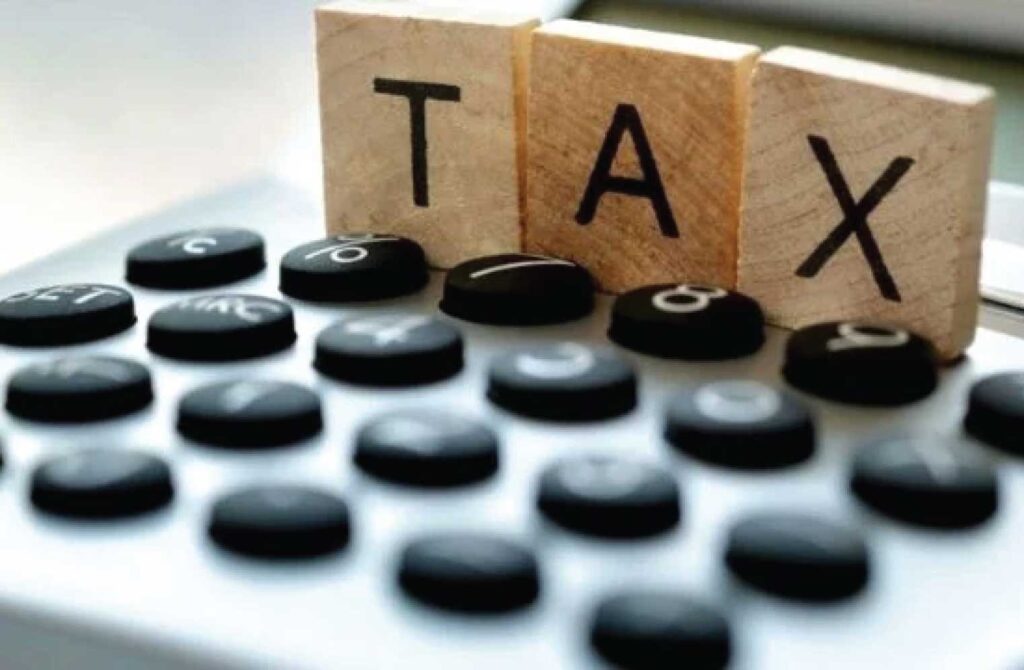Pakistan’s tax authorities are set to take stringent actions against non-filers of income tax returns, including disconnection of utility and mobile phone services, aiming to broaden the tax base by incorporating over six million individuals in the current fiscal year.
This initiative is critical for meeting the International Monetary Fund’s (IMF) target of Rs4.425 trillion for tax collection in the July-December period, a prerequisite for Pakistan to qualify for the last IMF loan tranche of $1.2 billion, expected in February or March.
As of the last working day of the month, the Federal Board of Revenue (FBR) has already exceeded the set target, collecting Rs4.440 trillion. To further boost collection, FBR offices and banks will remain open on the weekends. Under the IMF agreement, the FBR is committed to providing regular updates on revenue collection progress. In case of any shortfall, backup measures such as imposing excise duties and withdrawing sales tax exemptions will be implemented.
Despite challenges, the FBR has performed well, and optimism surrounds achieving the annual target of Rs9.415 trillion. A positive trend shows a shift towards a higher share of direct taxes, reaching 48% in the first half of this fiscal year, driven by improved collections from real estate and commercial banks.
However, efforts to expand the tax base are progressing slowly, with only 3.6 million income tax returns received so far. The goal is to increase this number to 6.5 million by June, aligning with commitments made to the IMF and the Special Investment Facilitation Council.
The FBR plans to issue a circular next month containing the names of individuals facing utility and mobile phone disconnection due to their failure to file tax returns. This action is empowered by law and targets those obligated to file returns but failing to do so.
The recent approval of a $350 million loan for budget support by the World Bank raises concerns about Pakistan’s low tax-to-GDP ratio. The country grapples with challenges related to tax evasion, a low number of tax filers, and an insufficient tax-to-GDP ratio, impacting public services and development initiatives. The FBR is actively working to add over 1.5 million new taxpayers to the system, conducting surveys to identify non-compliance and bring more individuals and businesses into the tax net.
